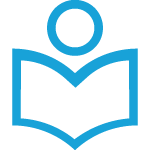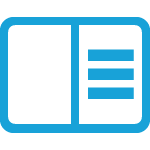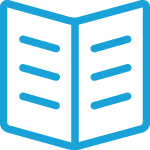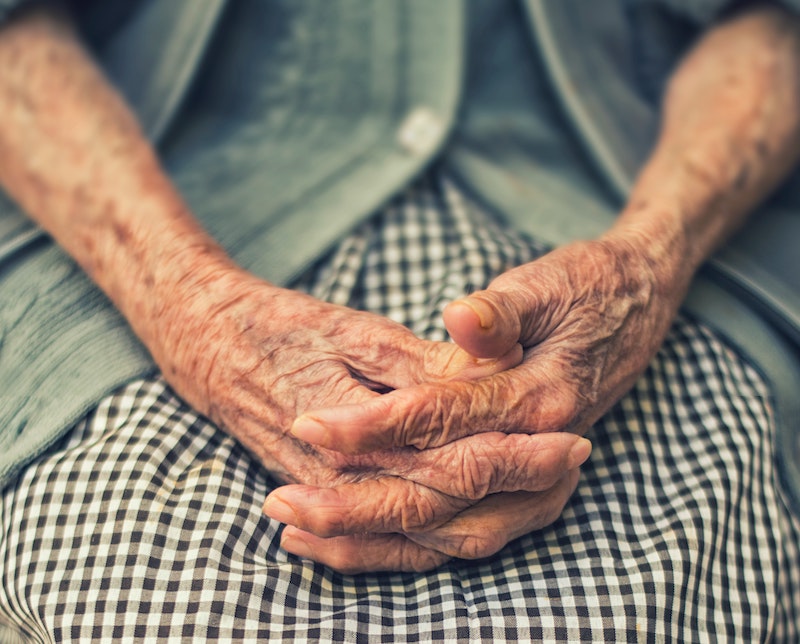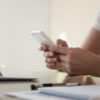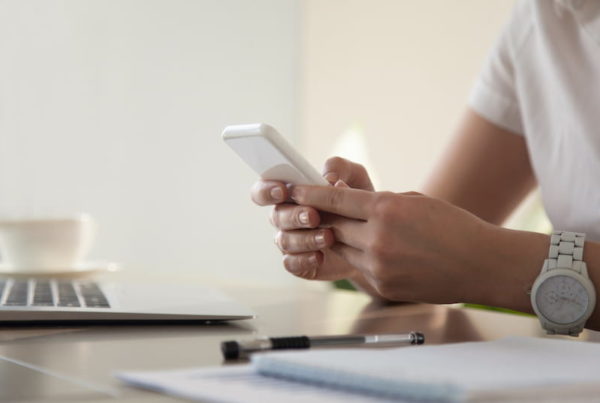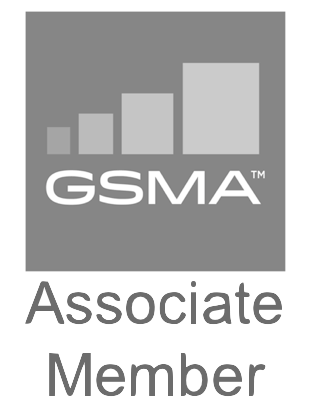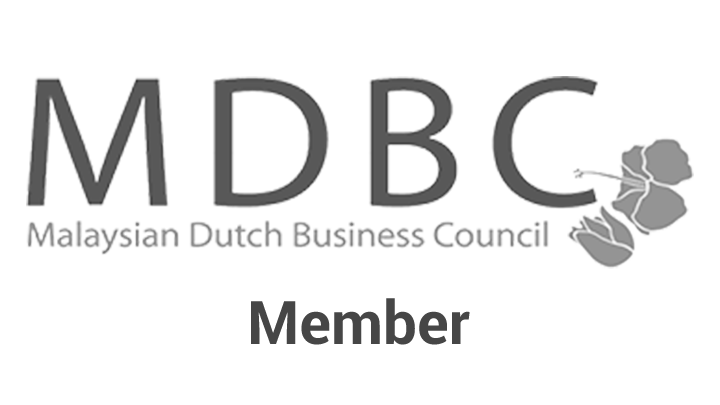There’s no dispute that technology has revolutionized the healthcare industry as a whole, but some sectors have benefited from mobile technology more than others. When it comes to elder care, mobile technology opens a whole new realm of possibilities for caregivers, health care professionals, and individuals themselves. Whether it’s a reminder to take medication or a way to keep tabs on a senior maintaining his or her independence, SMS and mobile technology can make all the difference in the quality of life for the older generation. Here are some examples to demonstrate how mobile tech is influencing the eldercare industry for better.
Making Appointments
Part of the challenges of the eldercare industry is the fact that the elderly may require many appointments with health care professionals and specialists. Making those appointments and reminding patients of their appointments can be a burden on caregivers. That’s where SMS can really come in handy: while you still may need to make appointments via phone, sending reminders and confirming dates is easier than ever when utilizing SMS to do the bulk of communication. What’s more, some doctors’ offices allow patients to text on-call doctors and nurses, which can help remove some of the worries behind wondering if an issue requires medical attention or not.
GPS and Safety
Many elderly patients want to live independently, but the risk of injury or confusion is too great to allow completely independent living. Adding mobile phone technology to a current care plan can be a game-changer. For seniors that want to remain independent, a GPS tracker on the phone or a quick response app for calling for help can be installed for the simple and quick response. Whether a fall down the stairs or getting confused on a walk, mobile phones make it simple for seniors to get the care they need – as soon as they need it. Even checking in with an elderly patient is easier than ever, even if the response to a monitoring text is simply “OK.”
Real-Time Management
Certain patients benefit from real-time tracking by care workers and health care professionals. Take an elderly patient who has a diabetes diagnosis, for example. Real-time SMS updates of blood sugar and other diagnostics allow caregivers to monitor their patients, ensure they are taking their meds when necessary, but also allow doctors to detect changes in diagnostics. Real-time management via SMS and mobile phone apps also allow caregivers to remind patients about medication that must be taken at a specific time via set reminders and text messages.
Time and Financial Savings
Industry predictions put the financial savings of mobile and remote monitoring in the medical industry at $197 billion over the next 25 years in the United States alone. On an individual level, these savings can be even more vital. For seniors on fixed incomes, spending money on unnecessary doctor’s appointments and monitoring devices can take a significant chunk out of already-tight finances. Offering SMS and mobile phone app options to complement – not replace – more traditional health care techniques can help relieve some of the burdens that chronic conditions can have on the elderly. Of course, for caregivers, it’s the time savings that can have the biggest impact on the quality of life, with reduced time in making appointments and sending reminders.
While large-scale development in the medical field often means new equipment, advances, and better outcomes, some of the biggest differences have been made with the smallest devices. Mobile phones, armed with SMS capabilities, can become a viable resource for elderly individuals who are looking to maintain independence, and caregivers hoping to streamline a regular care routine.
Also, take a look at this great infographic and find out more interesting statistics on the mobile healthcare industry.




